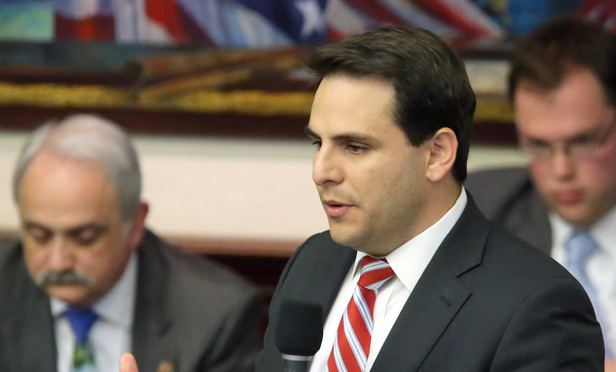A House panel is slated to take up a death-penalty proposal, three weeks after the U.S. Supreme Court ruled that Florida’s death-penalty system giving judges—not juries—the power to impose death sentences is unconstitutional.
The 8-1 ruling in Hurst v. Florida was centered on what are known as “aggravating” circumstances that must be found before defendants can be sentenced to death. A 2002 U.S. Supreme Court ruling, in Ring v. Arizona, requires that determination of such aggravating circumstances be made by juries, not judges.
This content has been archived. It is available through our partners, LexisNexis® and Bloomberg Law.
To view this content, please continue to their sites.
Not a Lexis Subscriber?
Subscribe Now
Not a Bloomberg Law Subscriber?
Subscribe Now
LexisNexis® and Bloomberg Law are third party online distributors of the broad collection of current and archived versions of ALM's legal news publications. LexisNexis® and Bloomberg Law customers are able to access and use ALM's content, including content from the National Law Journal, The American Lawyer, Legaltech News, The New York Law Journal, and Corporate Counsel, as well as other sources of legal information.
For questions call 1-877-256-2472 or contact us at [email protected]



